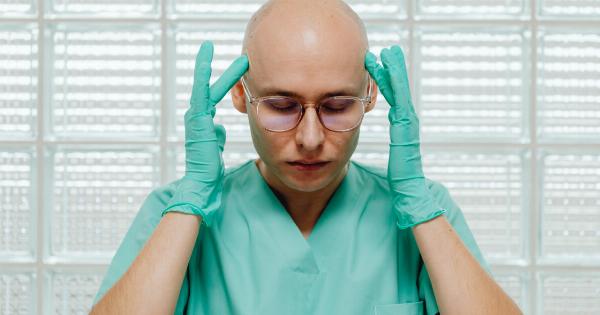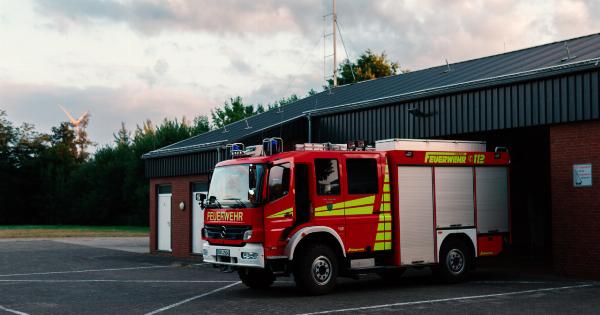Headaches can be an uncomfortable and sometimes disabling condition. While most headaches are harmless, there are some types that require immediate attention.
Understanding what types of headaches may require prompt medical attention is crucial to receiving prompt and appropriate treatment. Here are 10 types of headaches that you should be aware of:.
1. Thunderclap Headaches
Thunderclap headaches are a type of severe headache that comes on suddenly and reaches maximum intensity within seconds to minutes.
They can be a symptom of a serious underlying medical condition such as bleeding in the brain, a ruptured aneurysm, or a stroke. Immediate medical attention is required.
2. Meningitis Headaches
Meningitis headaches are caused by inflammation of the membranes that surround the brain and spinal cord. Symptoms include fever, neck stiffness, and a headache that is often described as severe and throbbing.
This type of headache can be life-threatening and requires immediate medical attention.
3. Cluster Headaches
Cluster headaches are a type of headache that occur in cycles, with periods of frequent attacks followed by periods of remission. They are characterized by severe, piercing pain on one side of the head, usually around the eye.
This type of headache can be extremely painful and may require urgent medical attention.
4. Sinus Headaches
Sinus headaches are a type of headache that are caused by inflammation of the sinuses. Symptoms include pressure and pain in the cheeks, forehead, and behind the eyes.
While sinus headaches are usually not serious, they can be a sign of a sinus infection and may require treatment with antibiotics.
5. Rebound Headaches
Rebound headaches are a type of headache that are caused by overuse of pain medication. They can occur when you take pain medication more than two or three times a week for a long period of time.
Rebound headaches can be severe and may require medical attention to break the cycle of overuse.
6. Carbon Monoxide Headaches
Carbon monoxide is a toxic gas that is produced by the incomplete burning of fuels such as wood, coal, and gasoline. Headaches are a common symptom of carbon monoxide poisoning and may be accompanied by other symptoms such as nausea and dizziness.
If you suspect carbon monoxide poisoning, seek immediate medical attention.
7. Hypertension Headaches
Hypertension, or high blood pressure, can cause headaches that are often described as dull and throbbing.
Hypertension headaches may be a sign of a hypertensive crisis, a medical emergency that requires immediate attention to avoid serious complications such as stroke or heart attack.
8. Tension Headaches
Tension headaches are the most common type of headache and are often caused by stress, anxiety, and poor posture. They are characterized by mild to moderate pain on both sides of the head and can feel like a tight band around the forehead.
While tension headaches are usually not serious, they can be chronic and may require treatment with medication.
9. Post-Traumatic Headaches
Post-traumatic headaches are a type of headache that occur after a head injury. They can be similar to tension headaches or migraines and may be accompanied by other symptoms such as dizziness, nausea, and difficulty concentrating.
Post-traumatic headaches can be a sign of a concussion or other serious head injury and require medical attention.
10. Migraines
Migraines are a type of headache that are characterized by severe pain, often on one side of the head, along with other symptoms such as sensitivity to light and sound, nausea, and vomiting.
While migraines are usually not life-threatening, they can be disabling and may require medical attention.





















